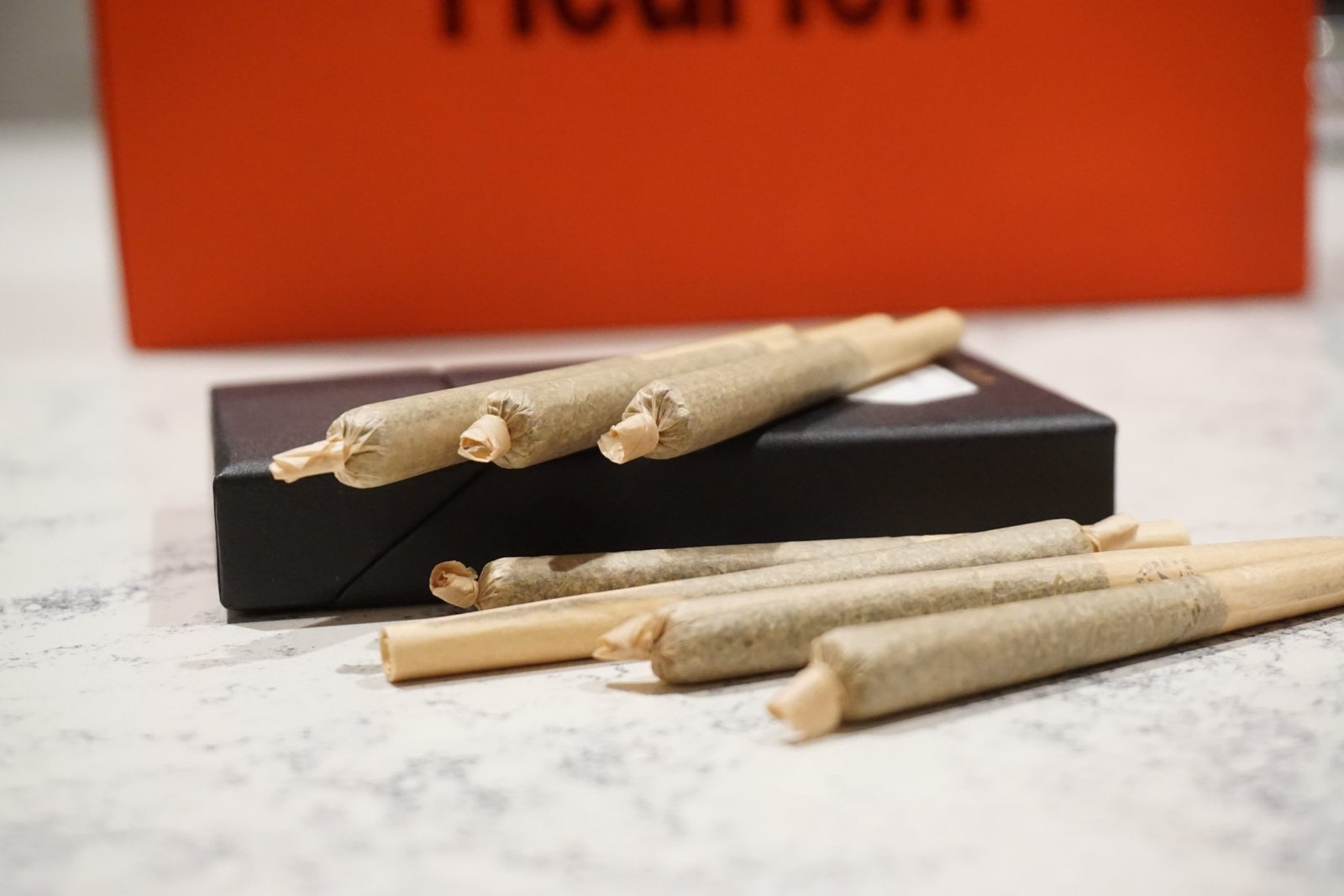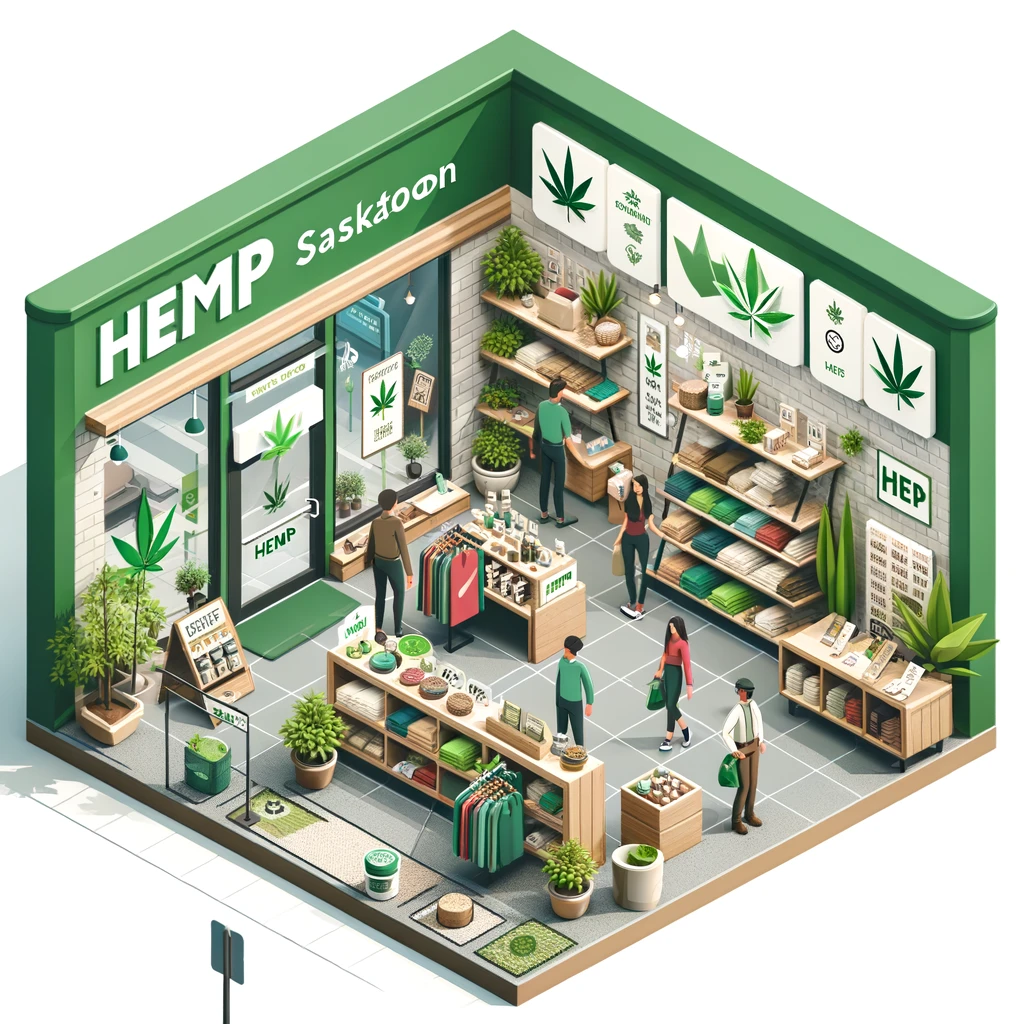
Cannabis Edibles vs. Smoking: Which is Better for You?
Written: editor | June 8, 2023

Introduction
Cannabis consumption has taken various forms over the years, with smoking being the traditional method. However, cannabis edibles have gained popularity for their convenience and discreteness. Understanding the differences between the two can help consumers make informed choices.
Types of cannabis edibles and their effects
Cannabis edibles come in a variety of forms, including cookies, brownies, gummies, and beverages. These products are infused with cannabis extracts or oils, providing a different experience compared to smoking. When consumed, the THC in cannabis edibles is metabolized by the liver, producing a more potent and longer-lasting effect. The onset of the effects may take longer, typically around 30 minutes to 2 hours, but the high can last for up to 8 hours.
The effects of cannabis edibles can vary depending on the dosage, strain, and individual tolerance. While some users may experience a euphoric and relaxing high, others may feel more intense psychoactive effects. It is essential to start with a low dosage and wait for the effects to kick in before consuming more, as overdosing can lead to unpleasant experiences.
Dosage and timing considerations for cannabis edibles
When it comes to cannabis edibles, dosage is crucial. The potency of edibles can be significantly higher than that of smoked cannabis, so it's important to start with a low dose, especially for beginners. Labeling on edible products is required to indicate the THC content per serving, allowing users to gauge their intake accurately.
Timing is also important when consuming cannabis edibles. Unlike smoking, which provides immediate effects, the onset of edibles' effects can be delayed. It is recommended to wait at least two hours before taking another dose to avoid consuming too much and potentially experiencing unwanted side effects.
It's worth noting that the effects of cannabis edibles can be more intense and longer-lasting than smoking. This may be beneficial for individuals seeking prolonged relief from symptoms such as chronic pain or insomnia. However, it's essential to consume responsibly and be aware of the potential risks associated with higher THC concentrations.
In conclusion, cannabis edibles offer a different consumption experience compared to smoking. With their longer-lasting effects and discreet nature, they appeal to a wide range of consumers. However, proper dosage and timing considerations are essential to ensure a safe and enjoyable experience.

Smoking Cannabis
Cannabis is a plant that has been used for both medicinal and recreational purposes for centuries. Smoking cannabis involves inhaling the smoke produced by burning the dried flowers and leaves of the plant. While smoking cannabis remains a popular method of consumption, there are some important considerations to be aware of.
Different methods of smoking cannabis
There are various methods of smoking cannabis, including using rolled joints, pipes, water pipes (bongs), or specialized vaporizers. Each method has its own unique characteristics and may affect the overall experience and potency of the cannabis.
Immediate effects and risks of smoking cannabis
When cannabis is smoked, the effects are usually felt within minutes. These effects may vary depending on the strain, potency, and individual tolerance. Some immediate effects of smoking cannabis may include a sense of relaxation, euphoria, increased creativity, and altered perception of time. However, it is important to remember that smoking cannabis also carries certain risks.
Respiratory concerns: Smoking cannabis involves inhaling smoke, which can irritate the respiratory tract. This can lead to coughing, bronchitis, and other respiratory issues, especially with long-term and heavy use.
Tar and carcinogens: The combustion process of smoking cannabis produces tar and potentially harmful chemicals, similar to those found in tobacco smoke. Prolonged exposure to these substances may increase the risk of respiratory problems and certain types of cancer.
Dependency and addiction: While cannabis is not as addictive as substances like nicotine or opioids, regular and heavy use can lead to dependence. Some individuals may experience withdrawal symptoms, such as irritability, insomnia, and loss of appetite, when attempting to stop or reduce cannabis use.
It is important to note that the effects and risks of smoking cannabis can vary based on individual factors, including frequency of use, dosage, and overall health. As with any substance, it is crucial to consume cannabis responsibly and be mindful of potential side effects.
Ultimately, the choice between smoking cannabis and other consumption methods, such as edibles or tinctures, is a personal one. Consulting with a healthcare professional and understanding the potential benefits and risks can help individuals make informed decisions regarding their cannabis consumption.

Health and Safety Concerns
Long-term effects of cannabis edibles vs smoking
When it comes to consuming cannabis, there are two main methods: edibles and smoking. Each method has its own set of long-term effects on health.
Cannabis edibles are food products infused with cannabis extract, such as brownies, cookies, and gummies. When ingested, the cannabis is metabolized by the liver, which converts delta-9-tetrahydrocannabinol (THC) into 11-hydroxy-THC. This compound is more potent than THC and can result in a stronger and longer-lasting high. The effects of edibles typically take longer to kick in compared to smoking, often taking up to two hours to feel the full effects.
On the other hand, smoking cannabis involves inhaling the smoke from the dried flowers or concentrates of the cannabis plant. The effects of smoking are felt almost immediately, as the THC is rapidly absorbed into the bloodstream through the lungs. However, smoking can potentially harm the lungs due to the inhalation of smoke and other harmful substances.
Potential dangers of consuming cannabis edibles or smoking
While both methods of consuming cannabis have their own risks, there are some specific dangers associated with each.
Consuming cannabis edibles can lead to accidental overconsumption. The delayed onset of effects can cause individuals to consume more than intended, resulting in an overwhelming experience. Furthermore, the stronger and longer-lasting high from edibles may cause impairment that lasts for several hours, potentially impacting daily activities and tasks.
Smoking cannabis presents its own set of dangers. Inhaling smoke can irritate the respiratory system and lead to respiratory issues, especially with long-term use. Additionally, smoking cannabis increases the risk of developing respiratory infections and may worsen existing lung conditions.
In summary, both cannabis edibles and smoking come with their own health and safety concerns. It is important for individuals to be aware of the potential risks and make informed decisions regarding their consumption. Consulting with healthcare professionals and following guidelines for responsible use can help minimize potential harm and ensure a safer cannabis experience.

Cannabis consumption has been on the rise since its legalization in various parts of the world. As the industry continues to evolve, consumers now have more options than ever before, including cannabis edibles and smoking. Understanding the legal and social implications of these consumption methods is crucial for both consumers and businesses.
Laws and regulations regarding cannabis edibles and smoking
When it comes to cannabis edibles and smoking, laws and regulations vary from country to country and even within different states or provinces. In many jurisdictions, smoking cannabis in public places is strictly prohibited or heavily regulated. On the other hand, the regulations surrounding cannabis edibles can be more complex, often centering around the appropriate dosage, packaging, and labeling requirements. Some areas have restrictions on the THC content in edibles, while others have banned certain types of edibles altogether.
It is essential for consumers and businesses to familiarize themselves with the specific laws and regulations in their area to avoid any legal consequences and ensure compliance.
Social acceptance and perceptions of cannabis edibles vs smoking
The social acceptance of cannabis consumption has evolved significantly in recent years. However, there still remains a certain stigma attached to smoking cannabis, as the act of smoking itself is often associated with negative health effects. This has led many individuals to explore alternative methods, such as edibles, which are perceived as less harmful and more discreet.
Cannabis edibles are often seen as a healthier option, as they eliminate the potential risks associated with smoking, such as lung damage and exposure to harmful chemicals. Moreover, edibles offer a more precise and controlled dosage, making them a preferred choice for individuals seeking therapeutic benefits.
However, it is crucial to note that the effects of cannabis edibles differ from smoking. Edibles typically have a delayed onset and may produce a stronger and longer-lasting high compared to smoking.
As the cannabis industry continues to grow, it is expected that social acceptance and perceptions surrounding both consumption methods will continue to evolve. Education and awareness campaigns are vital to dispel myths and provide accurate information about the benefits and potential risks associated with cannabis consumption.
In conclusion, understanding the legal framework and social perceptions of cannabis edibles and smoking is crucial for both consumers and businesses. By staying informed and abiding by the laws, individuals can safely and responsibly enjoy the benefits of cannabis while avoiding any legal or social consequences.

Conclusion
In conclusion, the choice between cannabis edibles and smoking ultimately depends on individual preferences and circumstances. Both methods have their own advantages and disadvantages that should be carefully considered before making a decision.
Factors to consider when choosing between cannabis edibles and smoking
-
Effect onset and duration: Smoking cannabis provides an almost immediate effect that peaks within minutes and lasts for a couple of hours. On the other hand, edibles take longer to take effect, usually between 30 minutes to 2 hours, and can last much longer, up to 6-8 hours.
-
Health implications: Smoking cannabis involves inhaling smoke, which can have negative effects on lung health. Edibles eliminate this risk as they are consumed orally, but they can have stronger and longer-lasting effects, potentially leading to overconsumption if not used responsibly.
-
Dosing and control: With smoking, it is easier to control and adjust the dosage as the effects are felt almost instantly. Edibles can be more challenging to dose accurately, as the effects take longer to kick in and can vary depending on factors such as metabolism and the individual's tolerance.
-
Convenience and discretion: Smoking cannabis requires the use of paraphernalia and can be more noticeable and less discreet. Edibles, on the other hand, can be consumed without attracting attention and offer a more convenient option for those who prefer not to smoke.
Personal preferences and individual circumstances
Individual preferences and circumstances should also be taken into account. Some people may prefer the ritualistic experience of smoking, while others may prefer the discreetness and longer-lasting effects of edibles. Factors such as health conditions, lifestyle, and personal taste can also play a role in choosing the most suitable method.
It is important to remember that cannabis affects each individual differently, and it is recommended to start with low doses and gradually increase if needed. Consulting with a healthcare professional or knowledgeable budtender can also provide valuable guidance when choosing between cannabis edibles and smoking. Ultimately, finding the method that works best for you is about experimentation, self-awareness, and responsible use.



